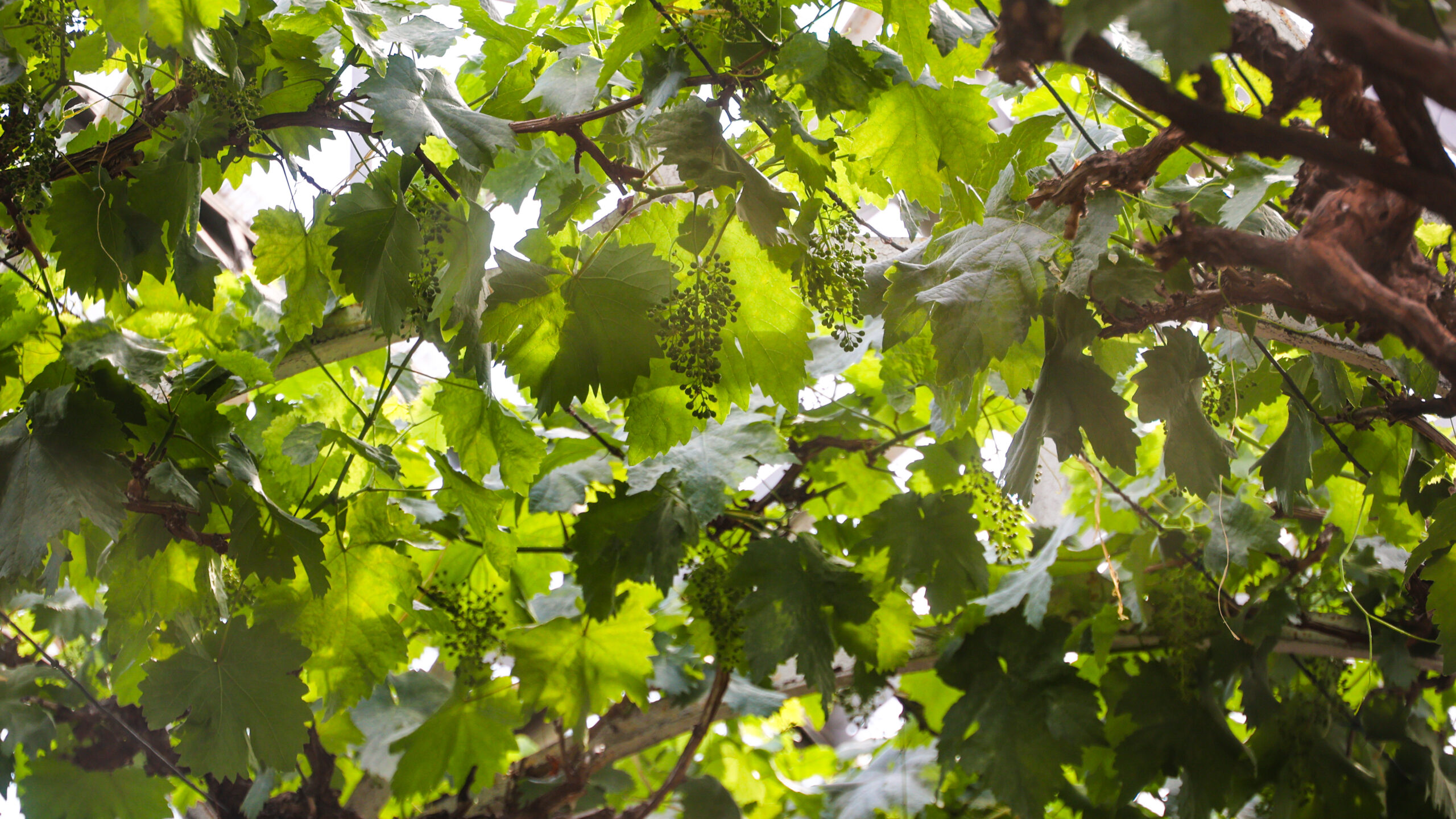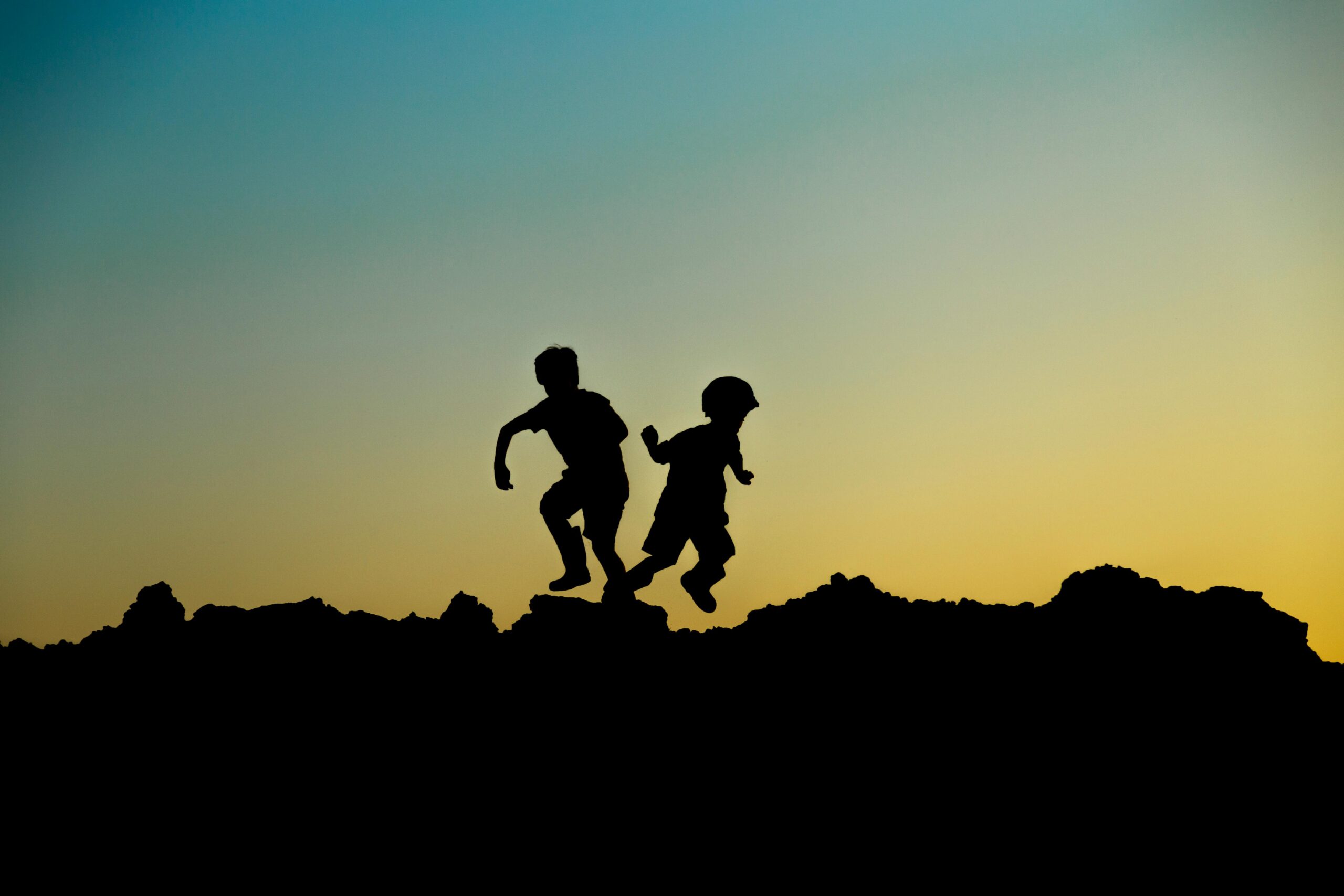To mark the close of this year’s Season of Creation, Maria Carvalho reflects on the importance of prayer in tackling one of the most pressing issues of our time: the climate crisis.
In 2016, Professor Lord Nicholas Stern was invited by the LSE Catholic Society to reflect on his time advising Pope Francis when Laudato Si’ was being written. Lord Stern said, ‘My heritage is Jewish, but I am a confirmed atheist. And my father would be rolling in his grave if he ever heard me say, “This is my favourite Pope.”‘ Why? ‘This Pope is able to take complex ideas and make it simple, real and meaningful to people.’
This is high praise from the man who ten years earlier launched The Economics of Climate Change Report (also known as the Stern Review). I had the privilege of witnessing its launch in 2006 as a Master’s student at LSE, and have been working on climate policy in both academia and the private sector ever since.
Having witnessed the evolution of climate action in the past 18 years, why does Laudato Si’ and the Pope’s launch of the “World Day of Prayer for the Care of Creation” this September matter?
The truth is – it is a mind-boggling challenge to even think of reforming a global economy to stay within planetary boundaries. And we are already in overshoot with some of these boundaries and are witnessing the reckonings of it around the world. In some places it is more severe storms and floods, and in other places it is more severe heatwaves, droughts, and fires. In several places around the world – including Britain – we are only a few harvest cycles away before putting more artificial fertiliser in the soil will no longer grow any food. Eradicating the natural ecosystems that put nutrients into soil means our soil has become dust. We will have to artificially pollinate due to the loss of natural pollinators.
Knowing that it will only get worse if we don’t fundamentally change the technological, social and political institutions that currently drive our economy is difficult to contemplate.
There is a reason why climate anxiety is a real psychological phenomenon that is on the rise. This anxiety is not restricted just to sustainability professionals, but also to young people who will have to face the consequences of our current economic system.
My atheist colleague and I both agree that to do this kind of work, you need to go through a process of facing the challenge, and even going through a period of grief when contemplating the consequences. But being stuck in despair is not an option – it just doesn’t help to be stuck. You need a way to come out to the other side – to have the courage to face the challenge with equanimity, constructivism, and determined passion.
We both agree that the process to come out the other side is deeply spiritual. His spiritual practice is meditating and running. My spiritual practice is contemplative prayer and walking in nature. Our practices are similar in terms of moving from frustration towards interior acceptance.
I would say that the key difference in our spiritual approach is that I always start and end my prayer with a focus on God. I breathe, knowing that I am deeply loved by God, and that I deeply love Him. In my mind, I think about Lake Moraine, an aquamarine gem surrounded by the majesty of the Canadian Rockies. I think of this lake as God’s cathedral – it never fails to take my breath away, and I praise God for His sheer artistry.
Lake Moraine reminds me that God has created a stunningly beautiful planet that He has entrusted to us to be our Common Home. Original sin points to the brokenness that exists within us and our institutions to explain why instead of caring for our Common Home, we move towards exploiting it. God’s story of redemption through Jesus and His followers shows how grace can work within us to heal and redeem. To refocus on what truly matters, and with Christ’s love within us, act.
Prayer never fails in helping me gain perspective when I face setbacks. Prayer leads me to a space of humility: to accept that fighting this cause does not solely rest on my shoulders. Prayer is about giving Him space to work through me. And I trust Him in guiding us to care for Creation, our common home.
Photo by Fr Lawrence Lew OP




